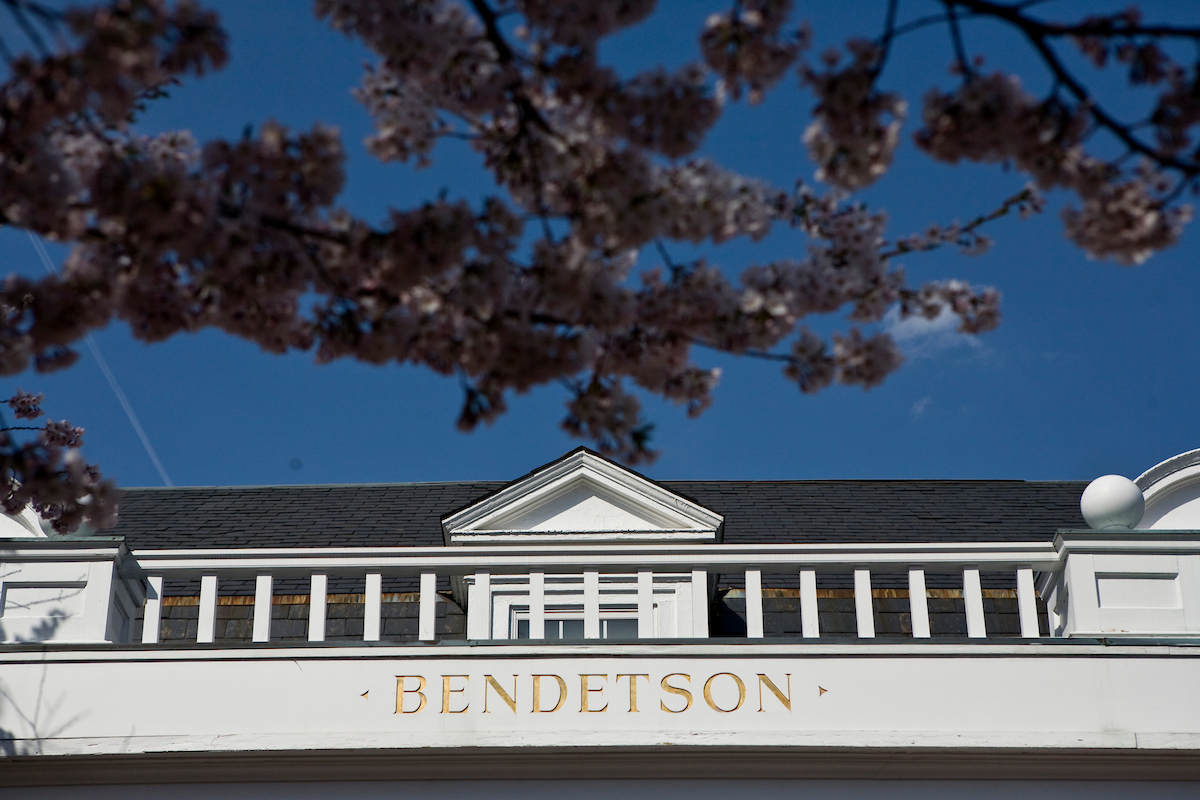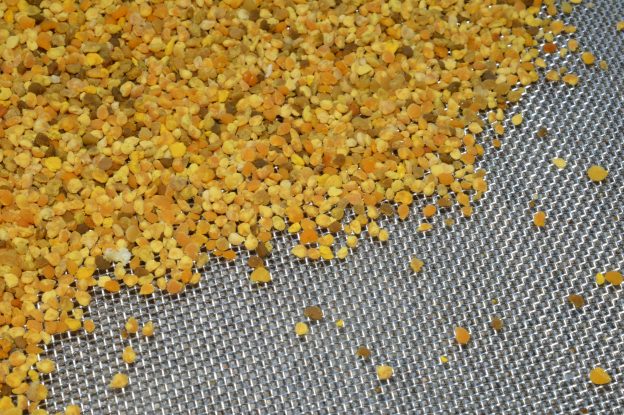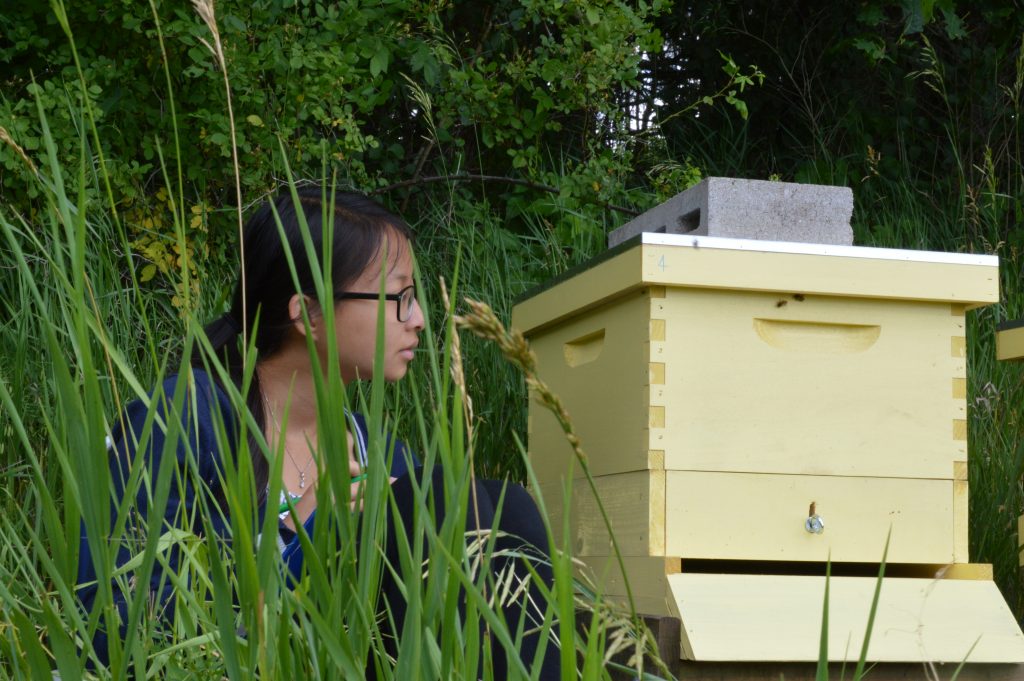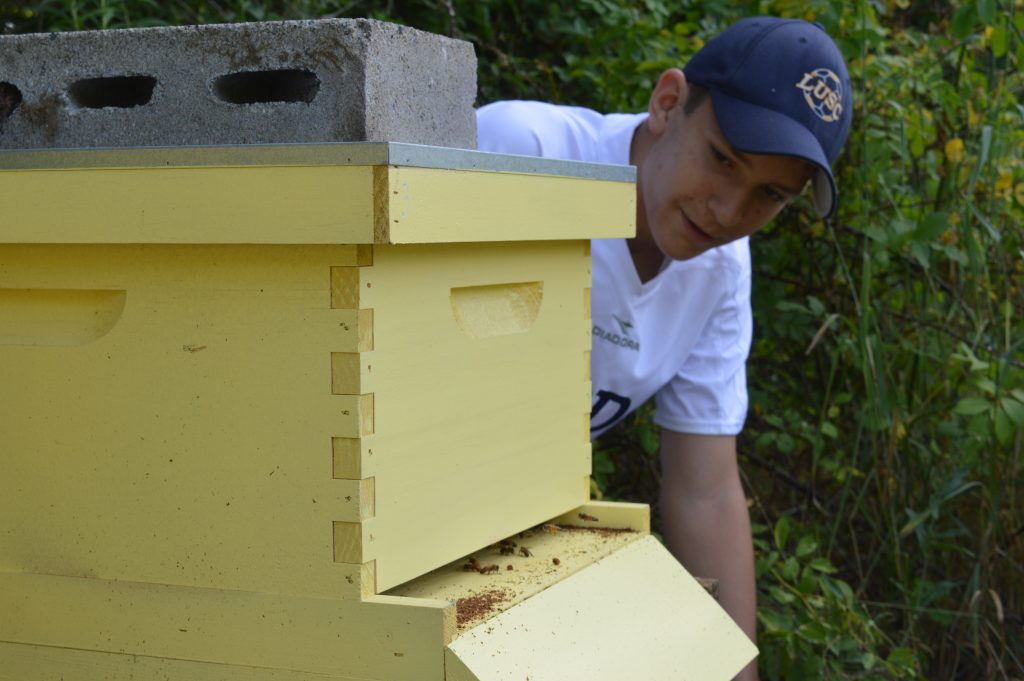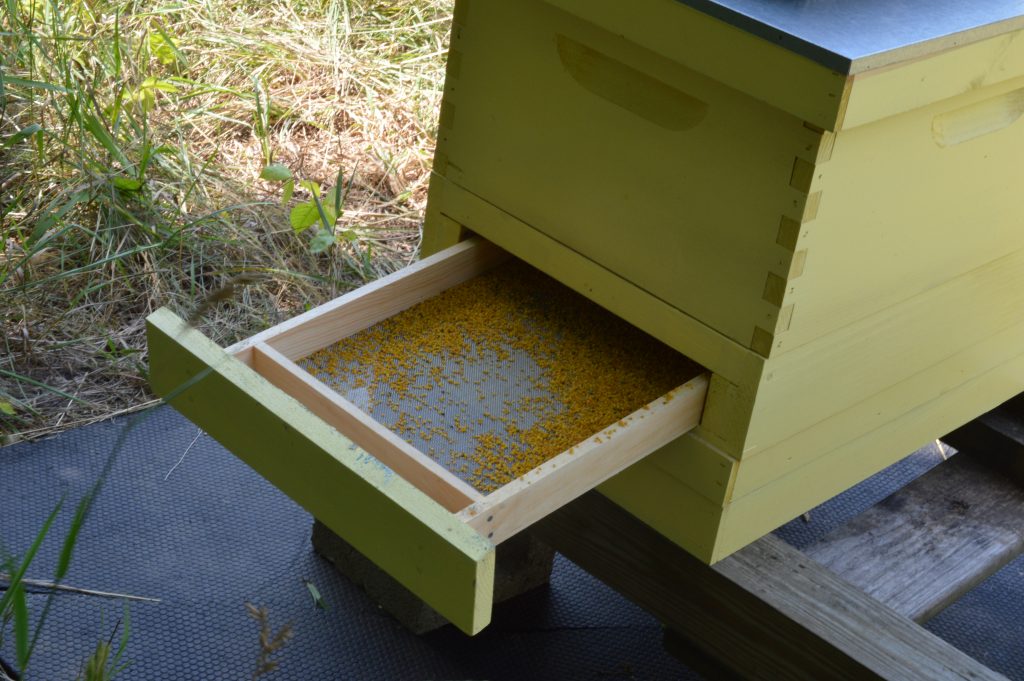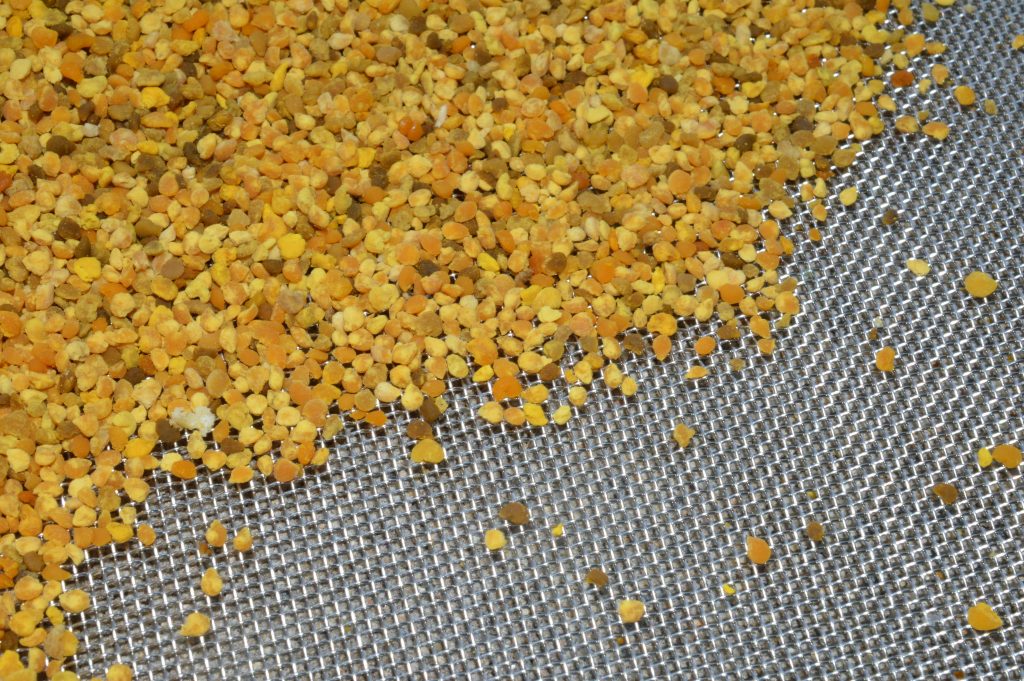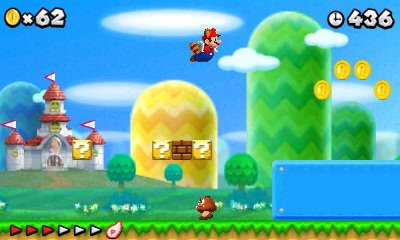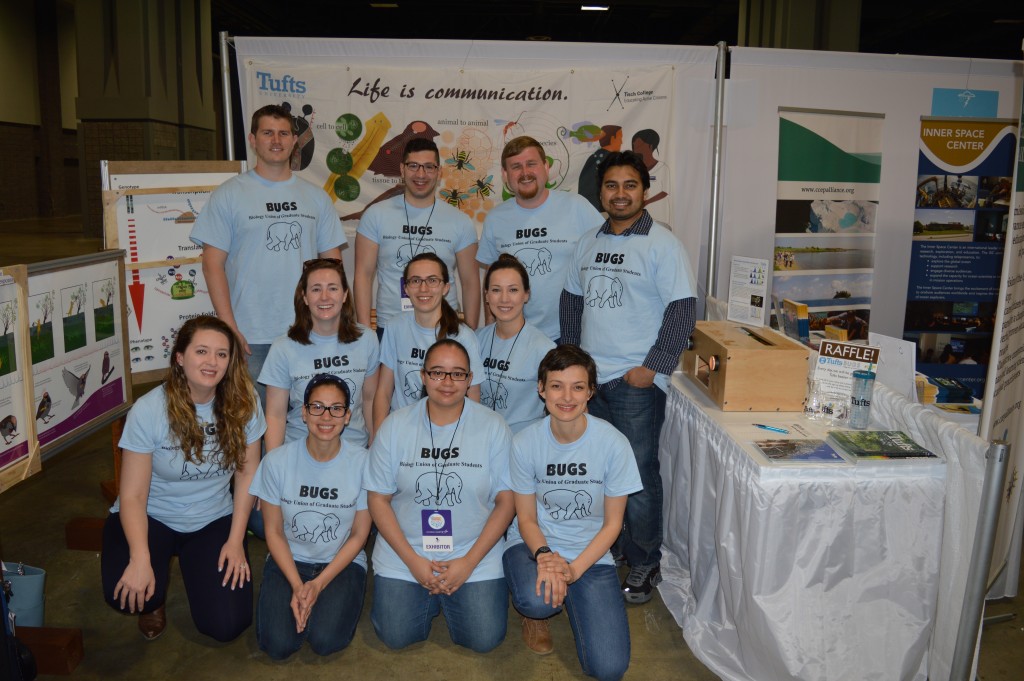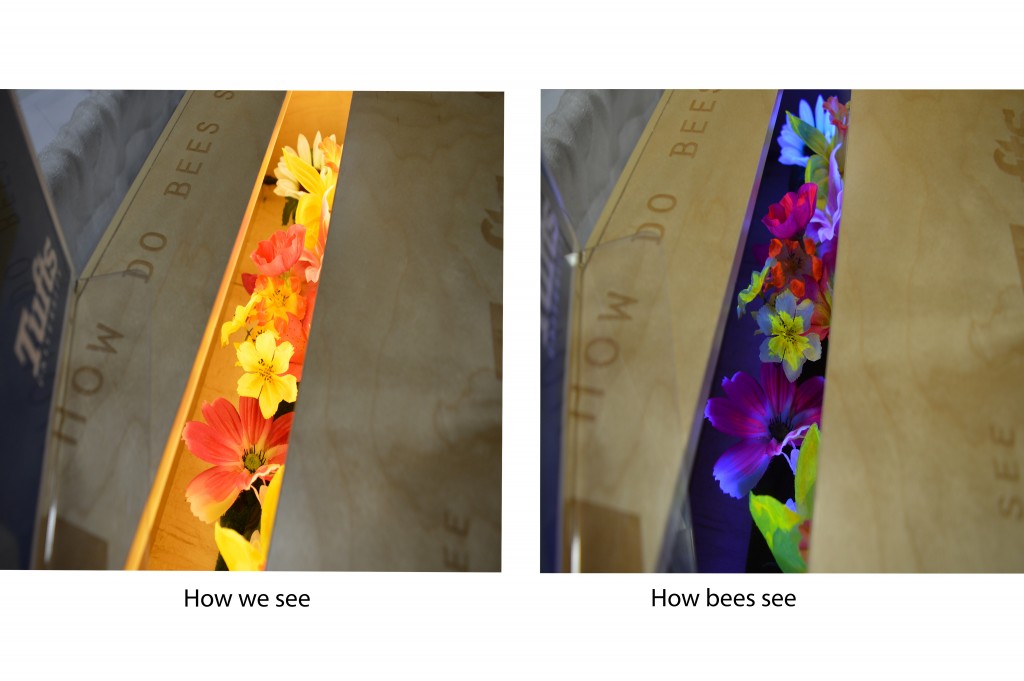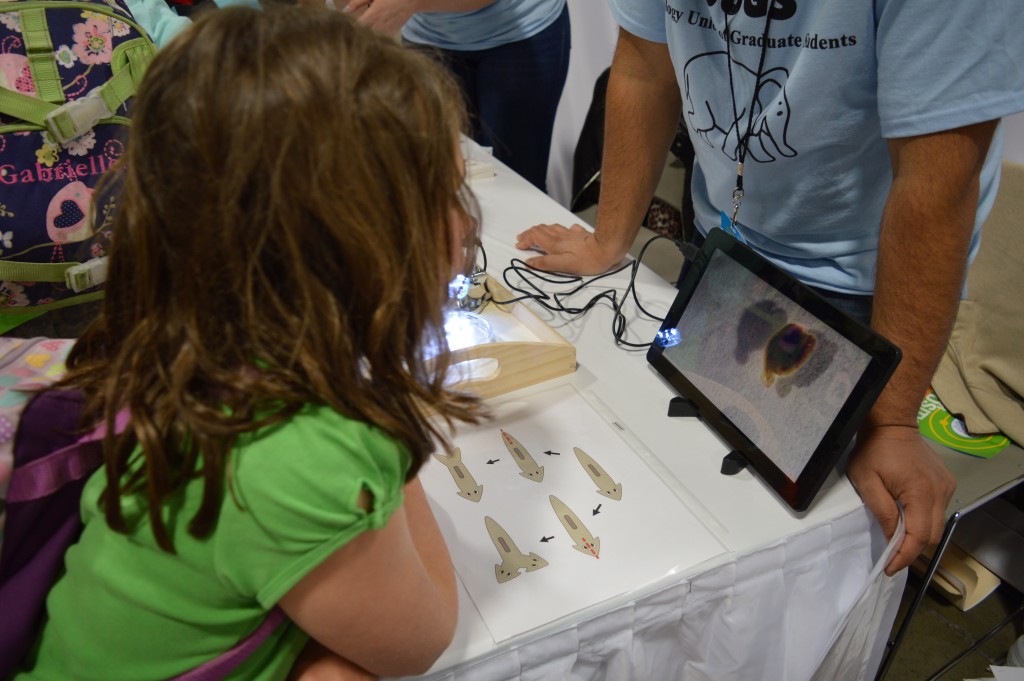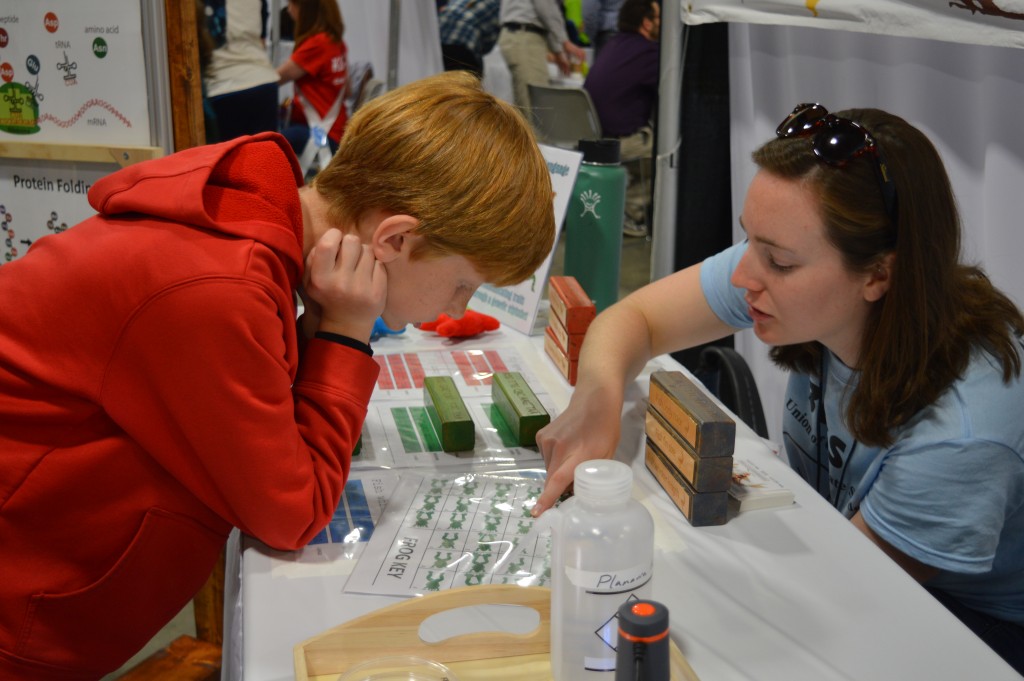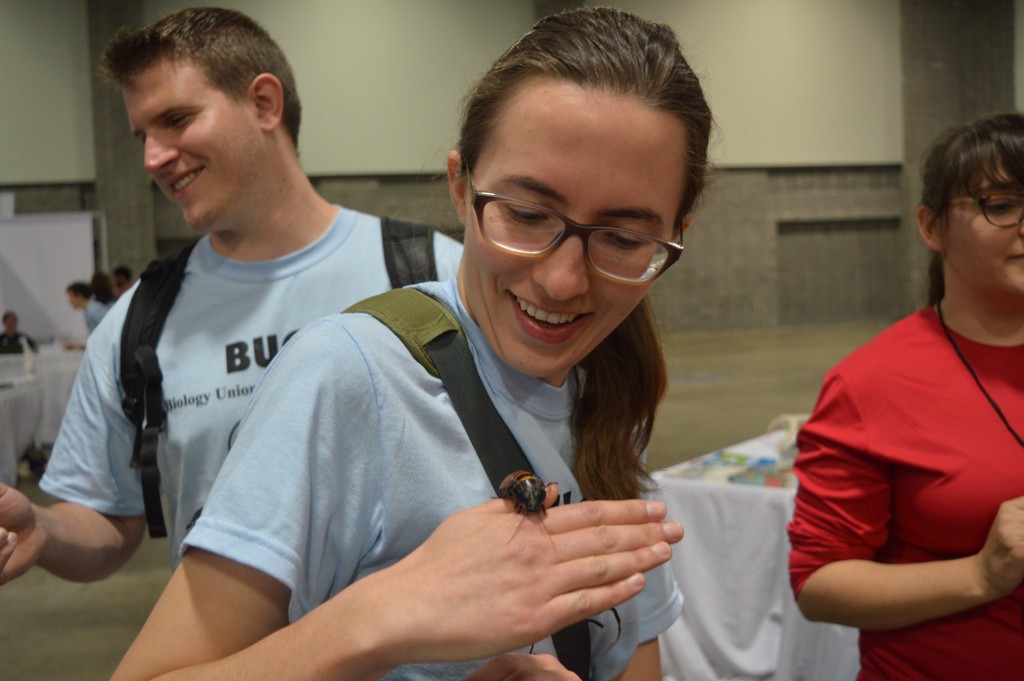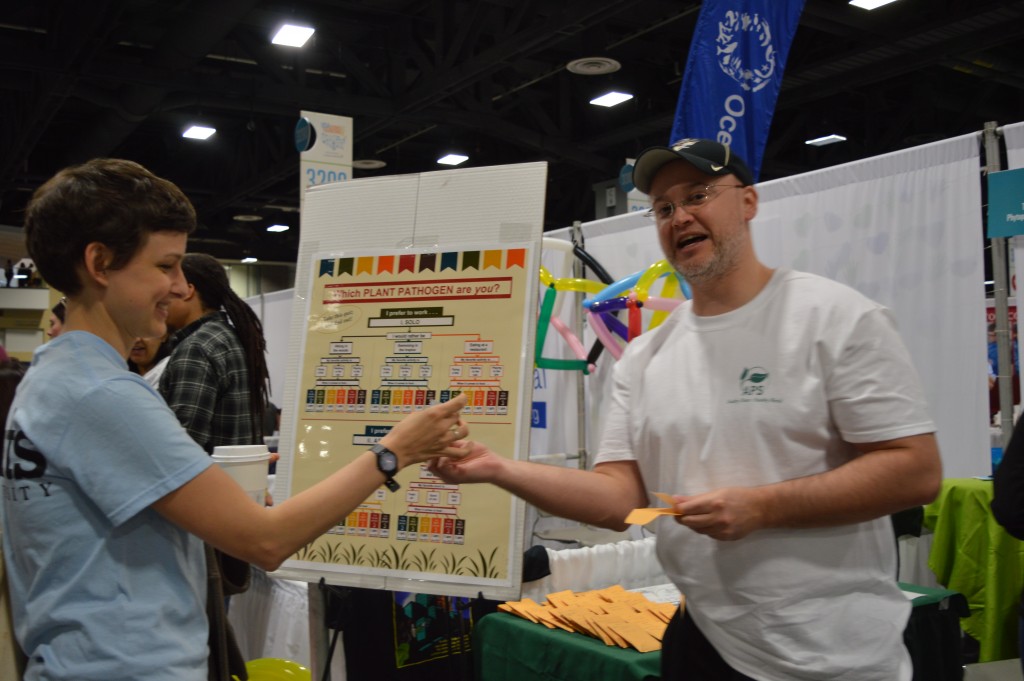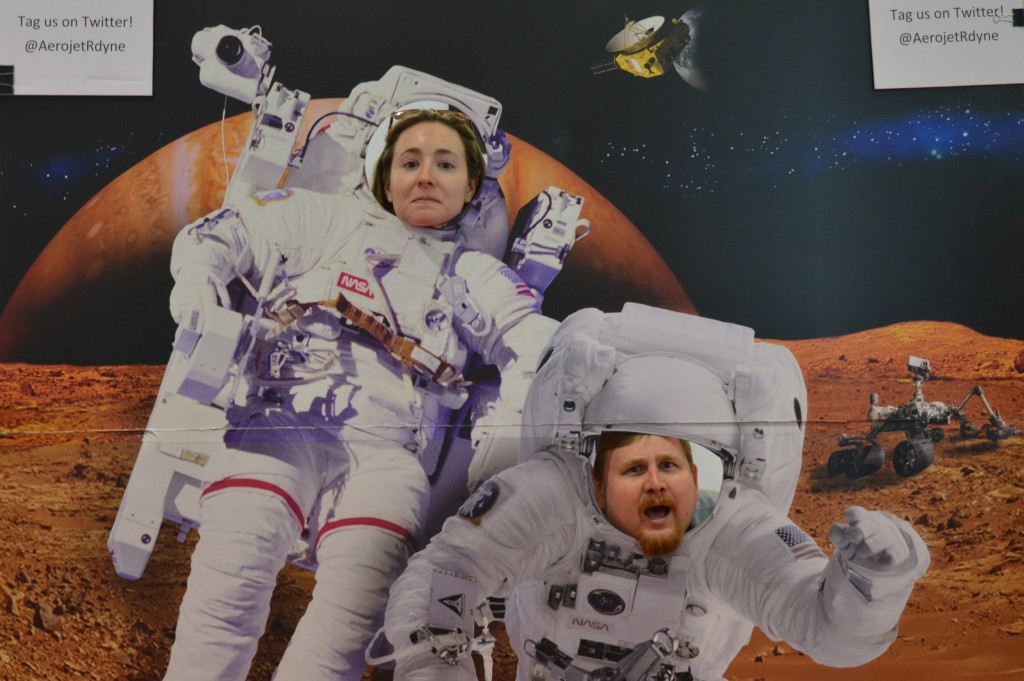Written by Keri Carvalho, Psychology Ph.D. Candidate
Ah, yes, it is that time of year again. Midterm season. Despite the beautiful foliage surrounding us, we are all moving a bit slower, becoming ever more stressed and are very much sleep deprived. In a time where it seems like due dates and assignments are never ending, it may seem that the only goal is to survive the madness. However, as a time management consultant, I can tell you there are some things to consider that just might make your life a bit easier once and for all.
- Do not underestimate the importance of self-‐care! This includes showering, eating, and sle Now, these might seem like the basics (and they are), but during hectic times, we students have the tendency of letting our academic lives overtake the importance of these other basic needs. For some of us, our stress leads to lack of appetite and for others binge eating. Know your tendencies and keep an eye on them during midterm season. Perhaps keep a food journal, or maybe just remember not to keep too many of the sugary or salty snacks that you’re drawn to in your room. And of course, there’s sleep. Sleep is much too important for our body’s proper functioning to give up. This is the time when we consolidate information, and recalibrate our bodies to work for us the next day. Make sure that you are getting at least 7 hours of sleep to help stay alert the next day, and of course to keep the flu at bay!
- Along the same lines, get to the gym. The doctors are not telling us to get exercise for no reason. It’s not only good for your heart and lungs; it’s good for your brain! Regular exercise can help your memory, thinking skills, and perhaps most importantly, your mood. We all know this, and yet, so many of us don’t make time for it. You might wonder when you could possibly have time. While starting a new exercise routine is not advised during midterm season when an intensive routine could become another stressor, it is advised to consider exercise as part of a daily habit as soon as midterms are over. You will have another tool in your belt to deal with the stress when it comes time for final exams. For now, if you don’t have a regular exercise routine, get outside! Walking around the hilly campus in the crisp fall air just might make your heart and mind a little happier.
- Reward yourself. Exam season is tough, and there is nothing less satisfying than handing in a midterm paper only to turn around and immediately move into studying for an exam. You don’t need to take the whole weekend off, but don’t be afraid to spend an hour or two doing something that feels rewarding to yo Haven’t seen your best friend in a few days? Spend an afternoon together. Haven’t eaten your favorite food in awhile? Go to Davis Square and explore your options.
- Mini-‐breaks are I know this comes as a surprise, but we are not robots-‐ not even during midterm season. We cannot possibly continue to study, write, edit, review, and on and on for hours on end. Our minds simply cannot focus so intensively for an extended period of time. Therefore, let’s consider the mini-‐break. What’s a mini-‐break? It really depends on an individual’s preference and what works best for you, but it’s the idea that we give ourselves some time after working for a certain amount of time to do something that feels good for us. It usually works in cycles, so for example, if you work for an hour straight, maybe you then take 15 minutes to watch Netflix. I know, I know, you might not be able to pull yourself away, which brings me to my next point.
- Timers can If you do decide to take mini-‐breaks, it’s important to not only time your breaks, but also time how long you’re working for. Knowing how long certain kinds of work takes can be really helpful when planning out your daily schedule moving forward in the semester. It also can be helpful to know how long we’re actually doing work. Many people think they’re spending a lot of time doing work, when in fact they are spending much more time worrying about completing the work than actually doing it! Just don’t forget to stop that timer when you start socializing.

